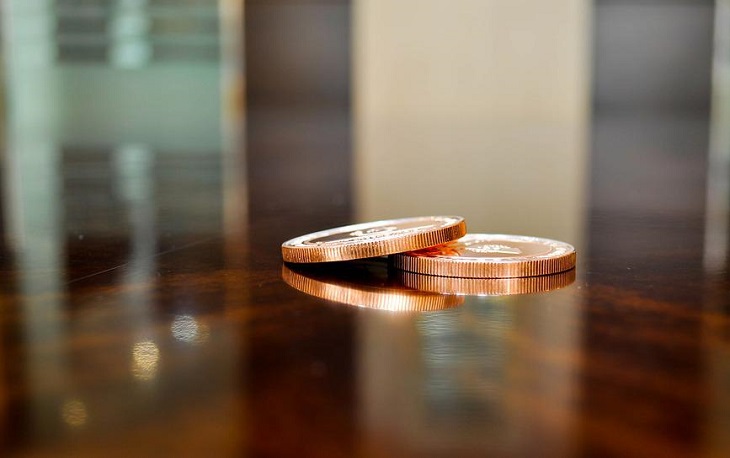In July 2018, Kenya formed a multi-Agency team to combat illicit trade estimated to be at KES 826 billion at the time, a 12% increase from the previous year, and subsequently unveiled the National Action Plan and Implementation Framework.
Moreover, a report done by The Anti-counterfeit Agency ranked counterfeiting and piracy highly with 71% of complaints reported by Kenya Government Agencies being counterfeit products between 2016 and 2018.
Globally, counterfeiting has been recognized as a dire activity that has a substantial economic and social impact. This negative impact is felt across the entire economic system: Consumers who buy counterfeit products end up paying huge amounts for defective and sometimes harmful products, manufacturing companies lose their credibility, and the government misses out on tax revenues which are instrumental for sustainable growth.
That said, the safety and risk factors pose a challenge, especially with electrical products such as those that Eaton Electric provides, which require systematic assembling and have specific usage parameters. Counterfeit electrical products such as circuit breakers, increase safety risk to facilities and users of the electrical products some of whom are employees or residents of the affected residential and commercial buildings.
At Eaton, we put the safety of people, property, and the sustainability of the environment first which is why we recognize the importance of helping ensure that our customers use and install genuine Eaton products. Tackling this growing global industry problem head-on, Eaton works with industry bodies and government authorities and supports local anti-counterfeit agencies and global customs authorities to take legal action against these counterfeits.
Role of technology
Today, while different players have stepped in to help curb the prevalence of counterfeit trade, traders who supply counterfeit goods have also put in measures to advance their trade. Leveraging technology, liberal international trade boundaries, and a lack of consumer awareness, traders of counterfeit goods have used these loopholes to increase the quantity and distribution of counterfeit goods across different markets in the region, making their products sophisticated and somewhat undetectable by the natural eye. In this regard, it has become vital for manufacturing and distribution companies to develop innovative and foolproof systems that protect the integrity of their products as well as their consumers.
With consumer awareness being a key element in this fight, one-way companies can enhance product credibility is by developing technologies that make it easier for customers to identify and report counterfeit goods. This can be made even easier by ensuring these tools are easily available via mobile phones. With a large proportion of users having mobile phones, mobile-based solutions minimize the distribution and purchase of counterfeits and give the manufacturing company a monitoring system that helps track where the counterfeit goods are being sold, allowing for further action against the counterfeiters.
The Eaton Asset Manager app, for instance, leverages intelligent technology to detect counterfeit Eaton products. With a single tap, users can quickly authenticate the product before purchase and have access to any product information on products that have been installed in their homes or commercial buildings while on the move. This serves both the informed and uninformed consumer, who, through human error may find it difficult to identify suspect packaging, extraneous marks or labeling, lookalikes, non-compliant and counterfeit products. The uptake of the app across different markets has reflected a drop in counterfeited Eaton products and has reinforced Eaton’s commitment to do business right, operate sustainably, and help customers manage power.
That said, the fight against counterfeiting needs collaboration by both private and public players. In Kenya for instance, Eaton has worked with the Anti Counterfeit Agency to train suppliers, distributors, and manufacturers on the authentication process. This was based on the realization that counterfeiting involves a networked supply chain, meaning that proper coordination of anti-counterfeiting measures needs to cut across all stakeholders including the government, manufacturers, suppliers, and consumers.
In a highly connected world, global supply chains have made it easier for people to trade across borders. However, this has also led to the emergence of criminals who trade counterfeit goods. As governments work to curb this, manufacturers need to adopt technologies and internal systems that make it difficult for products to be counterfeited. This is also key for the environment as counterfeit electrical products can emit harmful toxins and chemicals which are harmful to the consumers as well as the environment.
As the world demands more intelligent power management tools, companies need to continue to sensitize and encourage more people to purchase authentic products. This will be achieved by providing practical and accessible tools that leverage digital technologies to detect counterfeits across the entire supply chain and a collaborative system that works towards the adoption of authentic products.
The author, By Parag Mendiratta, is Eastern Africa Regional Manager at Eaton Electric Ltd

